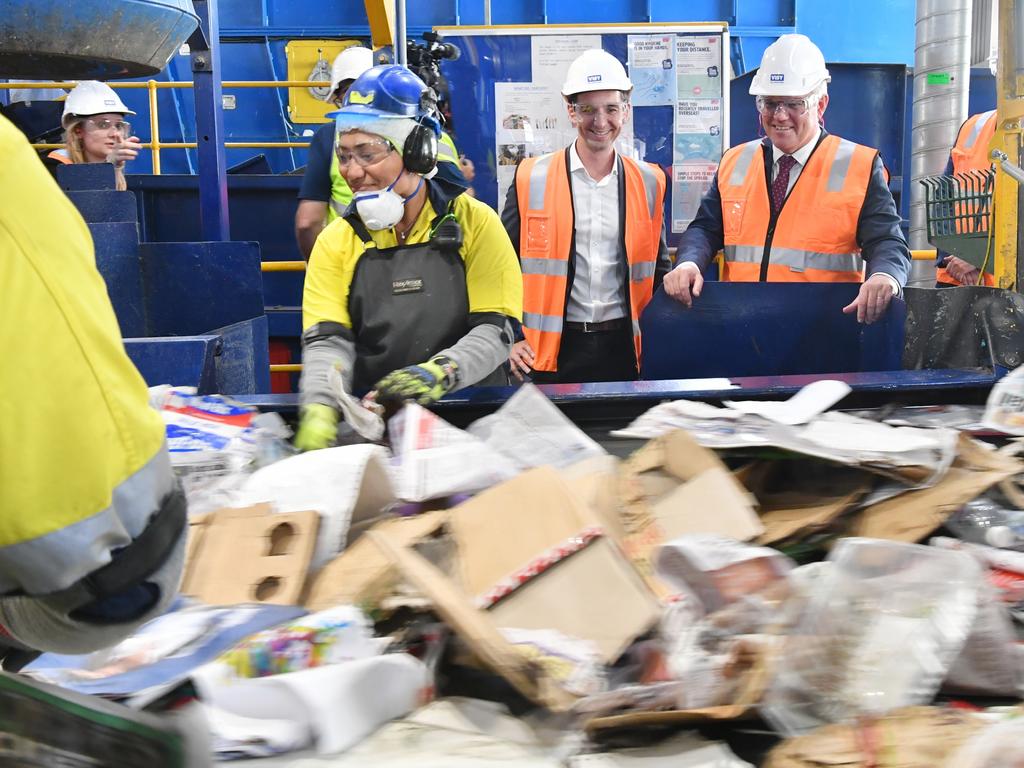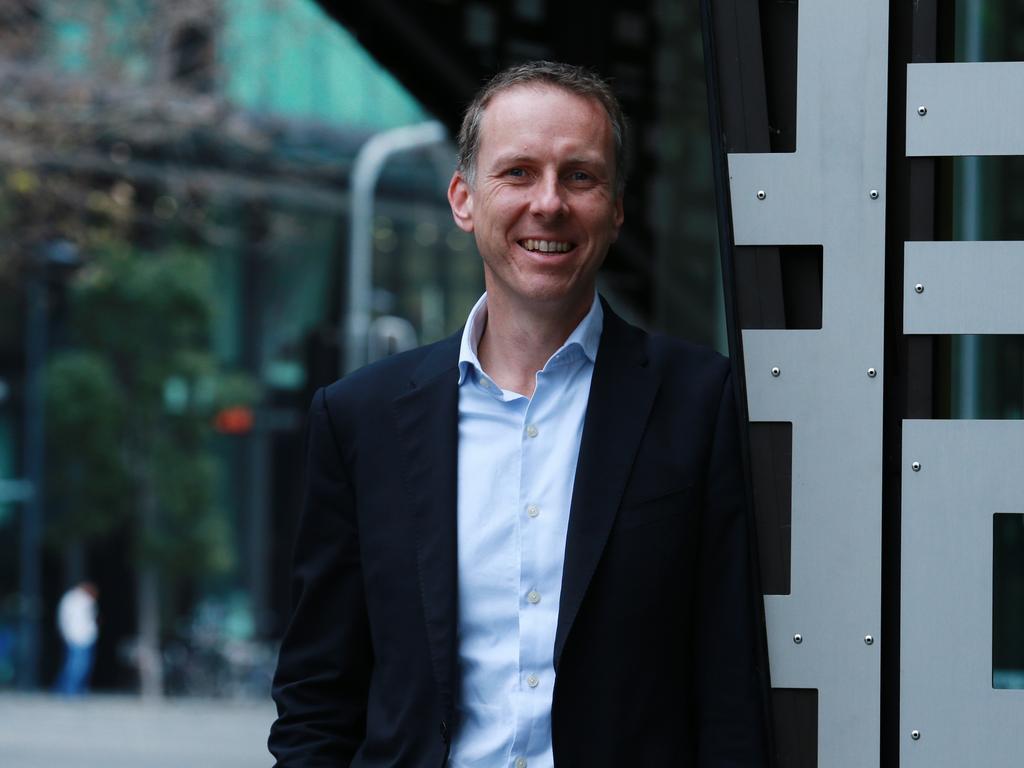Recycling: Where we are falling behind
The amount of garbage Australia is sending to landfill has been revealed, and broken down by person it’s a lot more than you probably think.
Australia is burying 67 million tonnes of garbage every year, with recycling rates declining in some categories, a new report card of our waste industries has found.
The report by the Australian Academy of Technology and Engineering (ATSE), out today, shows we annually discard 2700 kilograms of waste per head of population – that’s more than 30 times the average Australian body weight.
While building materials represented the biggest waste stream by volume, as a category it had a recycling rate of 72 per cent – compared to 60 per cent for paper and cardboard, 57 per cent for glass and 52 per cent for organics.
Less than 50 per cent of plastics are currently being recycled, the report found, while the proportion of car tyres being recovered had fallen from 16 per cent a decade ago to just five per cent in recent years.
Treasurer Josh Frydenberg announced a ban on the export of several categories of waste, including plastic, paper, tyres and glass, in last month’s Budget – putting immediate pressure on Australia’s waste industries to develop their capacity.

Textor Technologies founder Phillip Butler said Australia’s overall recycling rate of 58 per cent was “nowhere near world’s best practice”, but the challenge of reducing our waste was a holistic one, involving government, manufacturers, retailers, distributors and consumers, as well as the resources and recovery sector.
Associate Professor Damien Giurco, Deputy Director at the Institute for Sustainable Futures at Sydney’s University of Technology, said the report “sets out not only the challenge but also the opportunities for Australia”.
He said manufacturers would increasingly be asked to embrace the concept of “product stewardship”.
“This means those producing products plan ahead to think about the environmental, social and economic impacts of all the products we use in daily life,” he said.
Australia needed to completely rethink its approach to waste, said ATSE Chief Executive Office Kylie Walker.
“We should be designing products from the start so that they have a long and productive first life, and can then be re-used, repaired, or made into something else once they reach the end of that first life,” she said.
“Moving to a more circular economy would have enormous benefits – not just for the environment but also for jobs creation,” Ms Walker said.

Prof Veena Shajwalla, Director of the SMaRT (Sustainable Materials Research & Technology) Centre at the University of NSW, said research suggested consumers wanted to see the benefits of their recycling efforts.
A recent poll of 2100 people conducted by UNSW found that “people do want to play a part … (but they) want to know where their effort is going and if that effort is resulting in benefits,” she said.
“Most people said they were putting in a lot of effort but it wasn’t resulting in something meaningful,” she said.
The ATSE report found that as of 2018, only 10 local government areas in Australia had kerbside collections that could accept all types of recyclable plastic, including plastic bags.
MORE NEWS
Hot days have ‘tripled in 20 years’: stark new climate warning
Zero emissions by 2050: what you should know
Hydrogen the answer to our energy needs, says Chief Scientist


